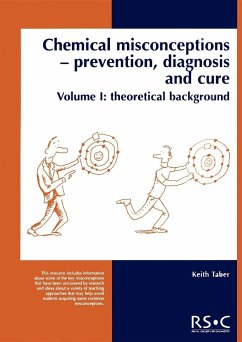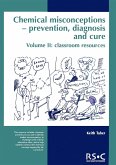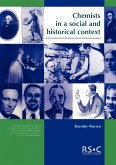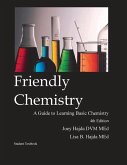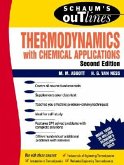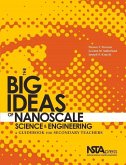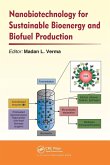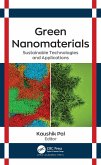Chemistry is a conceptual subject and, in order to explain many of these concepts, teachers use models to describe and explain the microscopic world and relate it to the macroscopic properties of matter. Research has shown that as students progress in chemistry the models they experience change and many contradict students' specific everyday experiences and use of language. Students' alternative conceptions in chemistry should be taken seriously. This publication has been designed to help tackle the issue in the classroom. In this resource you will find: - information about some of the key alternative conceptions that have been uncovered by research; - ideas about a variety of teaching approaches that may help avoid students acquiring some common alternative conceptions; and - general ideas about helping your students to develop appropriate scientific conceptions It is hoped that teachers will see the benefit of following a constructivist approach and will find that the student material in the companion volume leads their students to a good theoretical underpinning of the fundamentals of chemistry. All the material and activities have been compiled by Keith Taber, the Royal Society of Chemistry Teacher Fellow 2000-2001, and have been trialled in schools where they have worked in a classroom setting.
Hinweis: Dieser Artikel kann nur an eine deutsche Lieferadresse ausgeliefert werden.
Hinweis: Dieser Artikel kann nur an eine deutsche Lieferadresse ausgeliefert werden.

